Congratulations 2021 Postdoctoral Research Development Grant (PRDG) Awardees!

Postdoctoral Affairs is pleased to announce the 2021 Postdoctoral Research Development Grant (PRDG) awardees winners. PRDGs were established to support University of Arizona postdoctoral scholars in the development of their independent research skills to advance their career goals. The awardees will go on to conduct an independent research project (New Project PRDG) or obtain additional training specific to their field (New Skills PRDG). Congratulations!
Applications for the PRDGs (New Project; New Skills Training) are accepted annually. The new award cycle will begin in January, 2022. Click here for more information about the PRDGs.
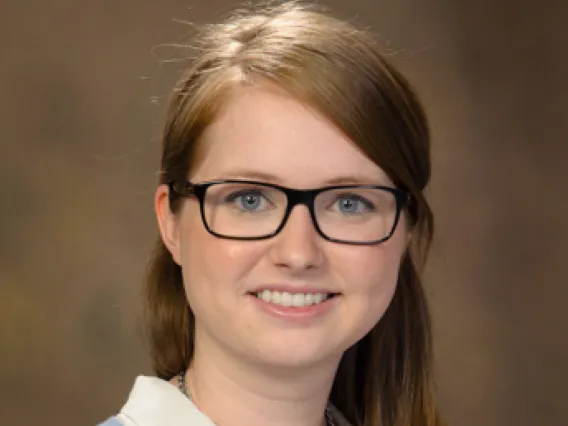
Kaitlyn Ammann
“Endothelial Microparticles at the Intersection of Aging and Cardiovascular Disease”
Biomedical Engineering
Dr. Ammann will use her New Project PRDG funds to study the influence of EMPs (vesicles shed from abnormal endothelial cells) on clots within aging vascular systems. EMPs have recently emerged as a marker of the dysfunction in the cellular lining of blood vessels, a condition which corresponds to cardiovascular disease. Dr. Ammann plans to characterize EMP generation by exposing cultured endothelial cells to abnormal shear (force generated by blood flow) to simulate aging in vitro. Her work will advance the understanding of disease at the blood-vascular wall interface and may translate to clinical applications.
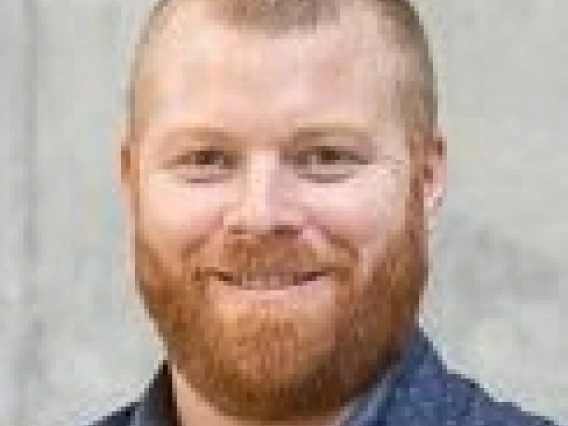
Erik Blackwood
“Developing a Swine Model of Heart Failure with Preserved Ejection Fraction”
Translational Cardiovascular Research Center
Dr. Blackwood received PRDG funds to pursue additional training in large animal experimentation under Dr. David Lefer at LSU School of Medicine. Dr. Blackwood will investigate heart failure with preserved ejection fraction (HFpEF) in recently established swine models that mirror the disease as it appears in humans. HFpEF is currently considered the greatest unmet medical need in cardiology. The new skills that Dr. Blackwood will develop are swine handling, experimentation and imaging techniques; these will expand the translational research in the College of Medicine and assist Dr. Blackwood’s transition to a faculty appointment.
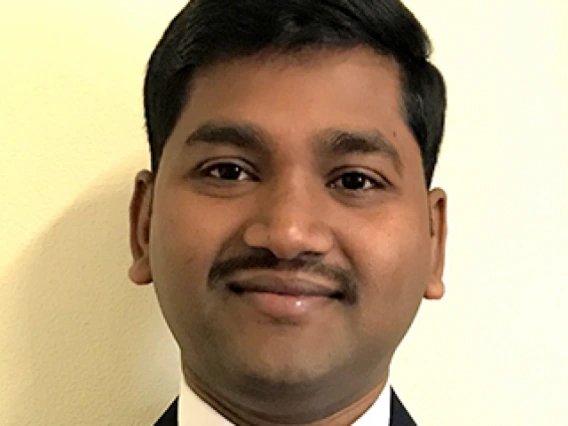
Basanth Babu Eedara
“Spray drying hygroscopic L-carnitine with hydrophobic lubricants to improve the dispersibility of dry powders for inhalation”
Pharmaceutical Sciences
Dr. Eedara was awarded a New Project PRDG for his proposal on engineering highly dispersible dry powder for the treatment of pulmonary hypertension. Dry powder inhalers have been used for the treatment of asthma and chronic obstructive pulmonary disease. However, moisture absorption can impede aerosol dispersion. Dr. Eedara plans to enrich the surface of dry powder particles with hydrophobic (water-resistant) lubricants to improve their dispersibility; his results will inform the stabilization of inhalable drugs. Dr. Eedara aims to become an independent academic investigator and a leader in drug delivery research.
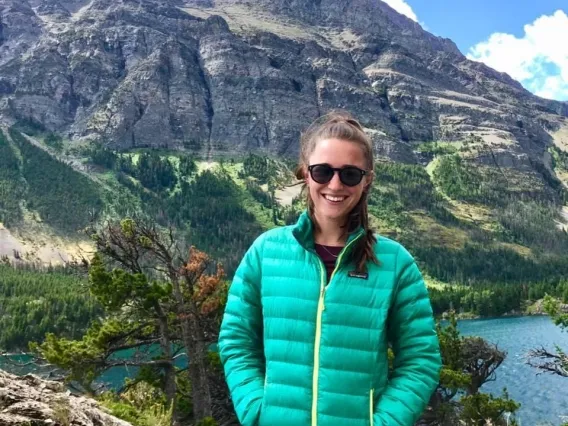
Sarah George
“Linking tectonic histories recorded in the magmatic arc and basin at the tip of the world, Patagonia, Chile”
Geosciences
Dr. George will use the New Project PRDG funds to investigate the magmatic arc in the Andes Mountains of Patagonia. Subduction under South America has generated a vast magmatic arc and basin system, which preserve long-term archives of changes in climate, magmatism, and mountain building. Dr. George will test whether crustal thickening and basin sedimentation are contemporaneous in Patagonia. Her work investigating rock textures and their chemical characterization will integrate two major fields within tectonics: basin analysis and igneous petrology. Dr. George’s results will represent novel contributions to the geologic history of the southernmost Andes.
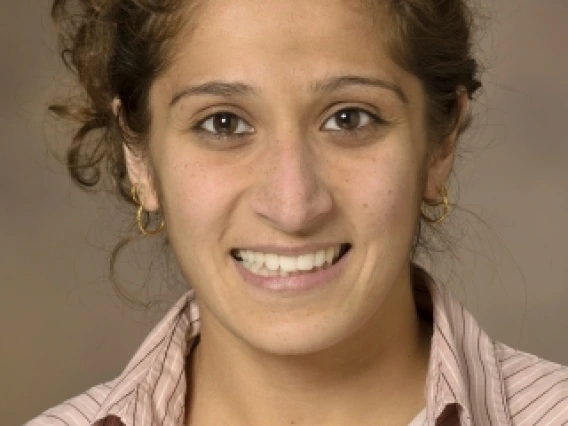
Sadia Ghani
“Sleep Health, Diet/Nutrition and Mental Distress: Implications for Border Health Disparities”
Psychiatry
Dr. Ghani was awarded a New Project PRDG for her work on the impact of cultural differences in diet, sleep, and overall mental well being among Mexican-Americans. She will track the dietary and sleep habits of participants in Nogales, AZ using diaries, questionnaires, and actigraph data; she will also assess mental health/psychosocial stressors with several validated questionnaires. Dr. Ghani’s study will examine how race and cultural differences influence sleep, nutrition, and mental health/psychosocial stressors in free-living conditions. This work will leverage the existing infrastructure of the Nogales Cardiometabolic Health & Sleep (NOCHES) study by creating a dataset that can help identify sleep disparities in the population and point to intervention approaches.
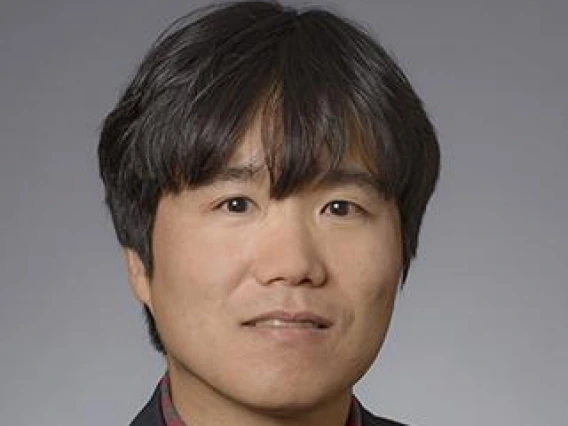
Minsik Hong
“Robotic nursing assistant using a wheel-based robot with machine learning”
Electrical and Computer Engineering; Electronic and Electrical Engineering
Dr. Hong will use his New Project PRDG funds to design and ultimately develop a robotic nursing assistant system. A robotic nursing assistant is envisioned to be an intelligent system which consists of sensing, perception, and actuation layers; such a system is capable of monitoring patients, sanitizing hospitals, and delivering objects without human intervention. Dr. Hong will build upon a mobile robot development kit and implement autonomous navigation technology to prepare for human-robot interactions. He also plans to use this opportunity to mentor undergraduate and graduate students by opening a summer research session.
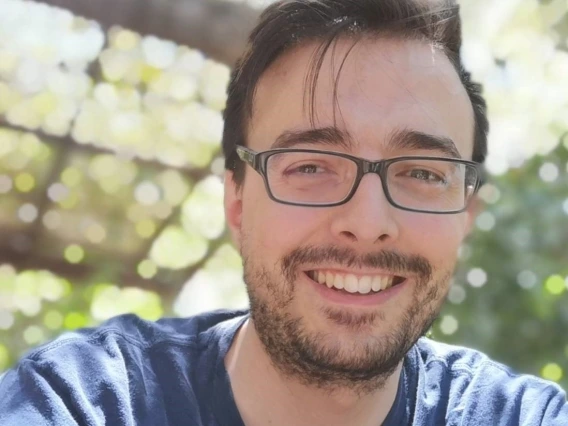
Robert Jackson
“Genome editing: a screening tool to manipulate viral-host interactions”
School of Animal and Comparative Biomedical Sciences
Dr. Jackson was awarded a New Skills Training PRDG to attend an advanced training workshop on gene editing and screening with CRISPR hosted by the Cancer Cell Map Initiative at the Stanford Consortium for Regenerative Medicine. The workshop will include lessons on experimental design, execution, and analysis of CRISPR-based screening projects while also featuring hands-on analysis sessions. Dr. Jackson currently investigates cancer-causing HPVs using lab-grown 3D human tissues that can mimic the natural environment for infection. His goal is to integrate these lab-based techniques with the large-scale data analysis skills he will acquire through the workshop.
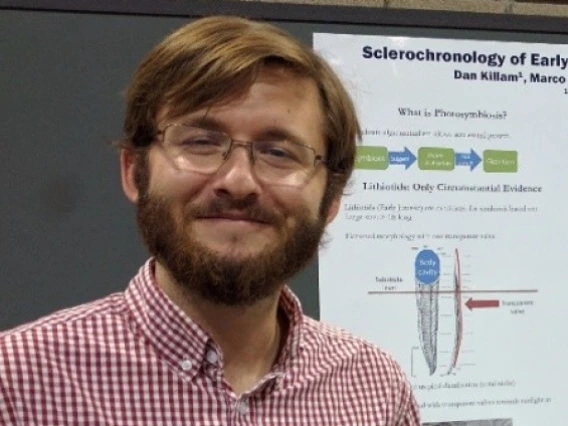
Daniel Killiam
“Giant Clam Shells as pH Recorders on Coral Reefs”
Geosciences
Dr. Killam received a New Project PRDG to expand on his work with giant clams at Biosphere 2 and to collaborate with Dr. Gavin Foster at the University of Southampton, UK. Dr. Killam currently works with Prof. Diane Thompson investigating the relationship between giant clams and symbiotic algae to better understand how the organisms weathered past climate changes. His proposed project will involve measuring the boron isotopes (a shell-based measure of pH) of giant clam shells. Dr. Killam’s research underscores the need to determine how giant clams will fare in the face of global warming by developing measurements of animals’ health in the past to inform their conservation in the present.
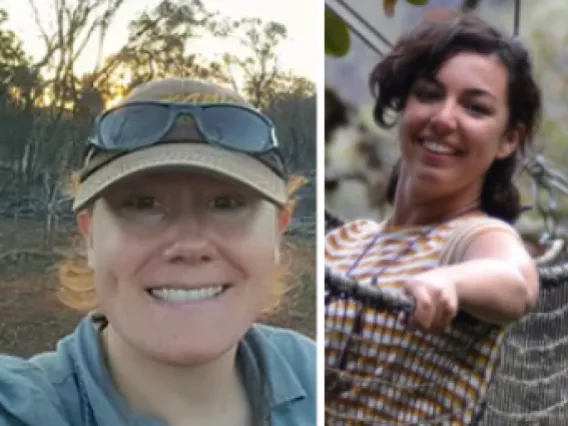
Trace Martyn and Julia Chacón
“Impacts of seeding spatial arrangement and diversity on dryland ecosystem restoration”
School of Natural Resources and the Environment; Ecology & Evolutionary Biology
Drs. Martyn and Chacón were awarded a New Project PRDG for their collaborative proposal on ecological restoration investigating the effects of spatial seeding patterns and diversity. Ecological restoration is becoming increasingly important due to the degradation of natural systems. However, common spatial seeding arrangements (linear or haphazard) fail to mirror native plant communities. Drs. Martyn and Chacón will plant Arizona rangeland restoration species in different spatial patterns and track seedling emergence and survival as well as collect data on key traits related to resource-acquisition, plant-plant interactions, and fitness. Their results will help inform management practices to improve overall restoration success.
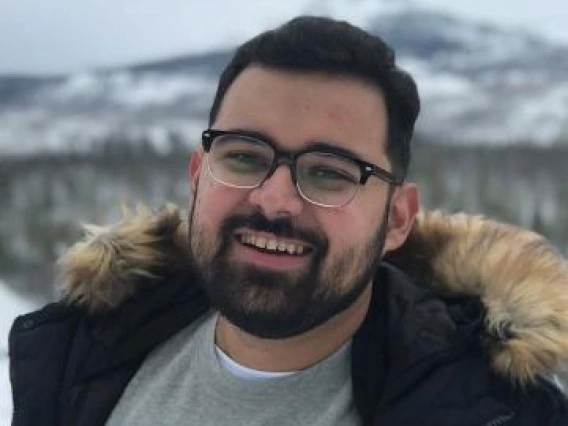
Osmar Luiz Moreira Pereira F. Menezes
“Soil organic matter improves the microbial degradation of emerging contaminants”
Chemical and Environmental Engineering
Dr. Menezes will use his New Project PRDG funds to investigate how soil organic matter helps the biodegradation of some contaminants. Although compounds found in explosives, pesticides, and dyes are known to resist biodegradation, some microorganisms can break down these pollutants through electron transfer. Dr. Menezes’ project will examine whether the natural soil organic matter surrounding these microorganisms in the environment can help the transfer of electrons to the contaminants’ molecules, making biodegradation possible or faster. The experiments will be conducted in the Environmental Engineering Laboratories at the Department of Chemical and Environmental Engineering.
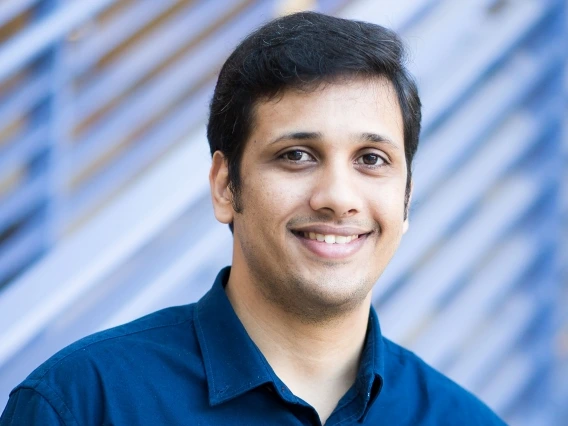
Satyendra Pothula
“Patterns of nematode communities along an elevation gradient in Arizona Sky Islands”
School of Animal and Comparative Biomedical Sciences
Dr. Pothula received New Project PRDG funds to further his research on nematode communities in Arizona Sky Islands, which have a unique gradation of climate, vegetation, and soil along the elevation gradient that simulates climate change on soil organisms. Nematodes (roundworms) are commonly used as indicators of the condition of the soil ecosystem. Dr. Pothula intends to collect soil samples from the Santa Catalina Mountains, extract and identify the nematodes present, and note the environmental factors that play a role in their distribution. Results will shine light on the effects of climate change on underground microorganisms.

Jiah Yoo
“Qualitative Investigation on Emotion Regulation and Culture among Latino Family Dementia Caregivers”
Psychology
Dr. Yoo was awarded a New Project PRDG for her proposed work on emotion regulation and culture among Latinx dementia caregivers. Much of her prior work is aimed at understanding how culture is linked to emotional well-being and health outcomes. Dementia caregiving can be extremely stressful and not much is known about how cultural factors affect the emotional responses to stressors. Dr. Yoo’s proposed project will involve qualitative in-depth interviews, the results of which will be combined with previously-collected quantitative surveys to create a mixed-methods understanding of emotional experiences in family caregiving contexts.
